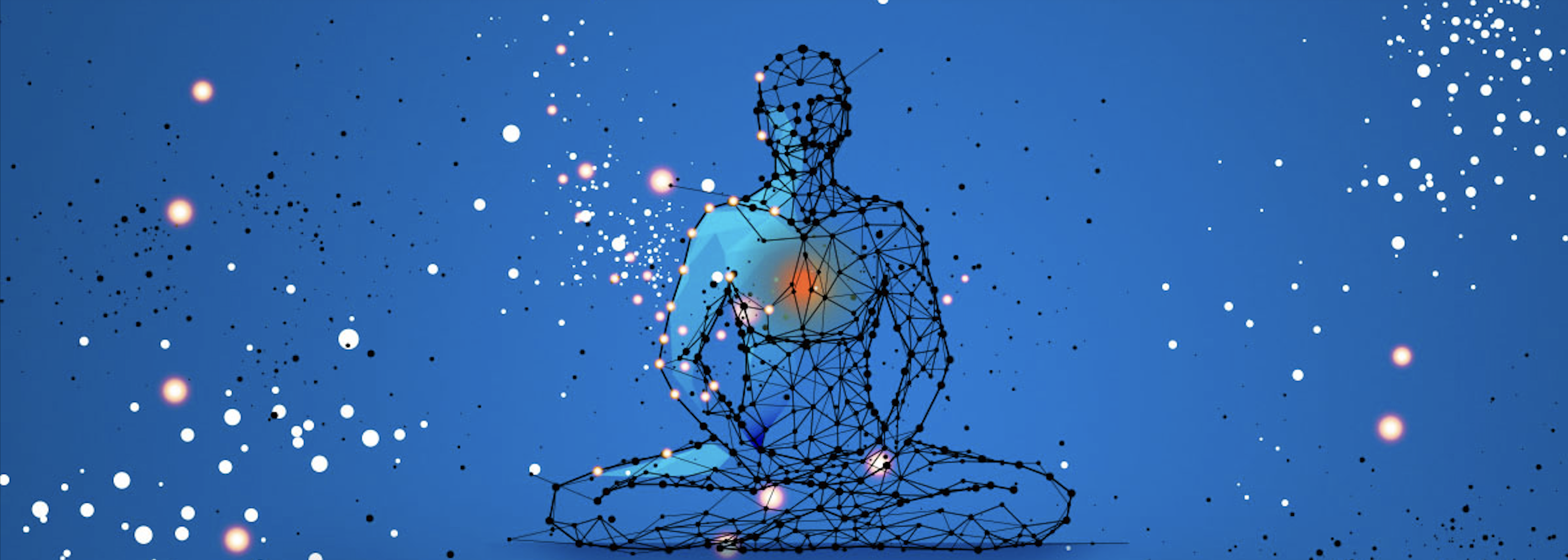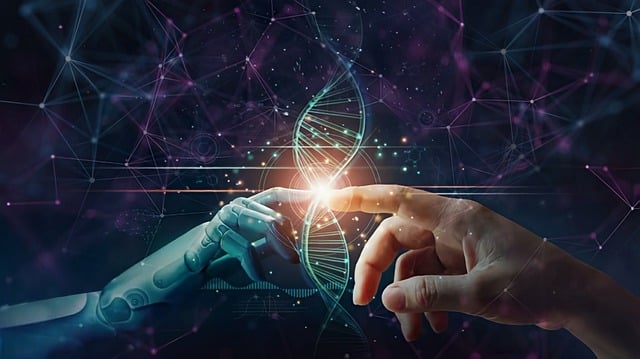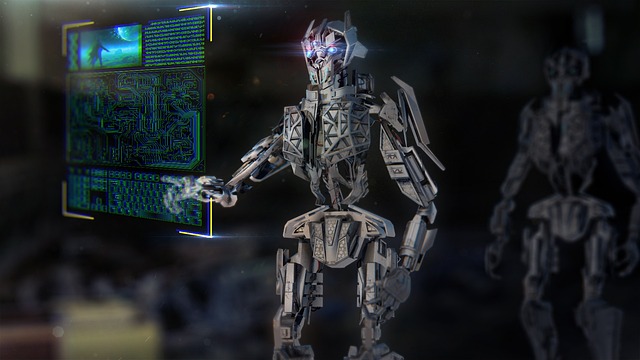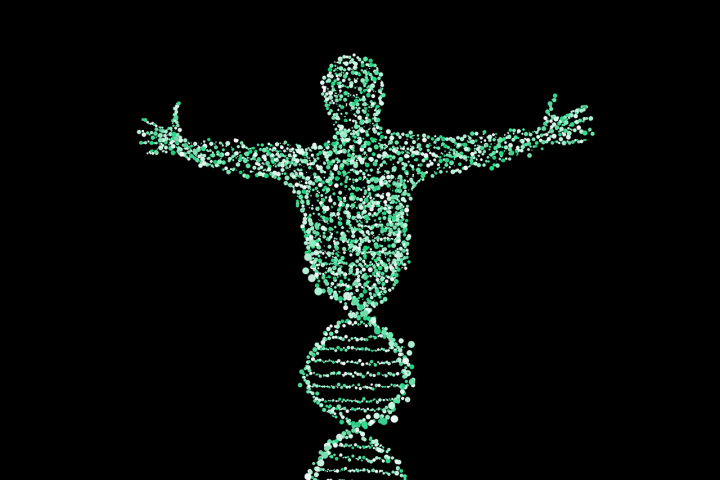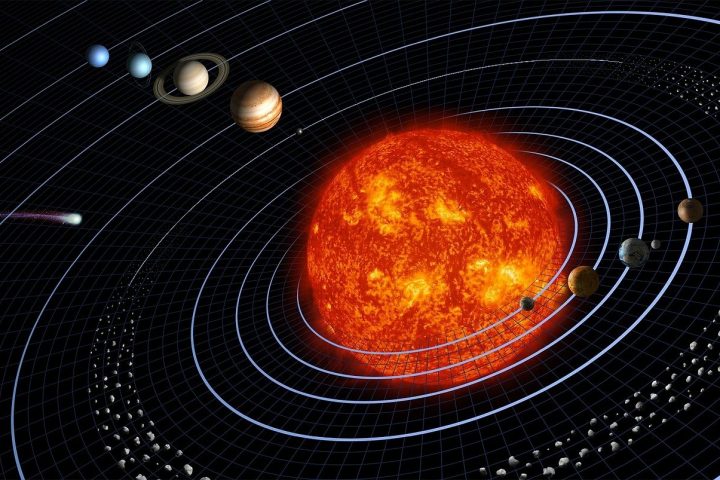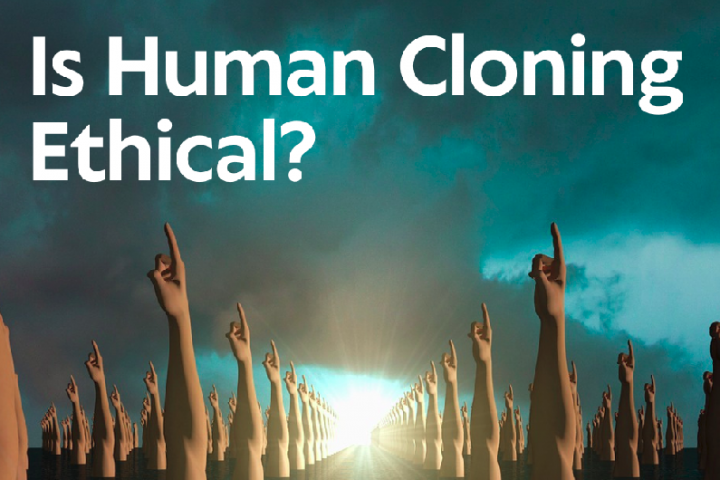We know humans are born with various abilities. With the abilities like seeing, and feeling humans have made a lot of things possible. Well, we can call these extraordinary capabilities as every other living being can see, or react like humans but not everybody has the ability to think and create. Then what makes us different from other living beings? Intelligence. We will also discuss Artificial intelligence (AI).
Intelligence is the most talked about subject everywhere. Usually, we use this term when we evaluate someone’s capabilities or when we want to give compliments on someone’s work. But what is it that we all talk about? Let’s find out our understanding of intelligence.
Intelligence is the ability to comprehend, perceive, reason, plan, and make decisions on the basis of available information (data), knowledge, experiences, memories, and emotions.
Humans collect information from their surroundings using their senses (touch, sight, hearing, smell, and taste) and form memories on the basis of the information collected from different experiences and emotions.
They make decisions based on their experiences which are also motivated by different factors (like benefits, appreciation, emotions, etc.). The ability to collect and processing information to make decisions is called intelligence.
Some might argue that humans also have the cognitive ability to differentiate right from wrong and virtue from vice and this ability can be called Wisdom.
What is Artificial Intelligence (AI)?

Artificial Intelligence (AI) refers to the simulation of human intelligence in machines wherein a computer-based robot or machine has the ability to think like a human and mimic its actions. AI uses a large amount of fed/stored data and sensors (motion detectors, cameras, weather sensors etc.) to collect information from the surrounding environment and make decisions.
In today’s world, where everything starts and ends with technology, it has become the need of the hour. And to keep up with the pace of society, various companies have taken the initiative to make AI, a regular part of human life. Such as SIRI – the successful creation of SIRI has generated the demand for AI.
But what is wrong with human intelligence?
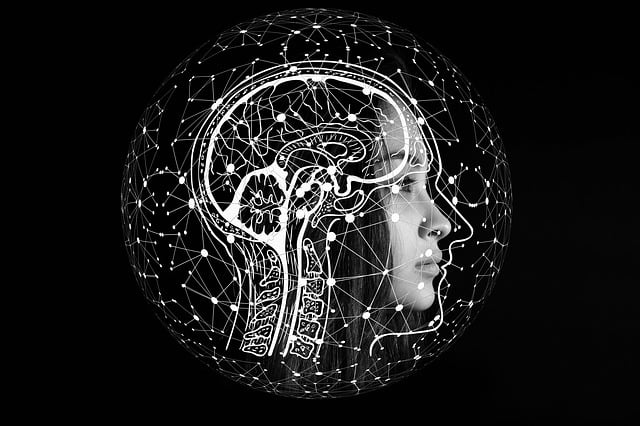
The proponents of AI say that there is a limitation to human intelligence. According to the article published in Frontiers – The amount of cognitive information that we can consciously process (our working memory, span, or attention) is very limited. The capacity of our working memory is approximately 10–50 bits per second.
Most cognitive tasks, like reading text or calculation, require our full attention and we usually need a lot of time to execute them. Mobile calculators can perform millions times more complex calculations than we can.
There’s a limitation as to the number of information humans can collect & save whereas, machines can collect, save and process information at an unimaginable pace, and can use AI to make informative decisions.
Evolution of AI
Since the development of the digital computer in the 1940s, it has been demonstrated that computers can be programmed to carry out complex tasks such as calculators – with a few clicks we can get the solution to difficult calculations. AI is continuously evolving to benefit different industries. Whether in Consultancy, Healthcare, Finance, or Education, every sector is adopting AI, to improve their game in the business.
Machines with Artificial Intelligence, master five aspects – Learning, Reasoning, Problem Solving, Perception, and Language. The goal of AI is to be able to figure out the problem and come up with a solution. Where a machine can wholly rely on its decisions and can run various programs at a time.
Classification of Artificial Intelligence.
Artificial Intelligence can be divided into two categories: weak and strong.
- Weak Artificial Intelligence – This system is designed in a way to carry out one particular job. It means that the machine with AI performs one task at a time. For example – Apple’s SIRI or Amazon’s Alexa. Here you ask the assistant a question and it answers it for you.
- Strong Artificial Intelligence – This system is designed to carry on the task, which is considered to be human-like. It can perform complex and complicated tasks. They are programmed to think like humans in any situation and to come up with a solution for it. These kinds of systems can be found in Self-driving cars or in hospital operating rooms.
Are there any limitations of AI?
As we speak there is already a big debate underway on whether artificial intelligence can match human intelligence. On one hand, computers like Deep Blue have defeated humans (world champion Garry Kasparov) in chess games.
On the other side, people have started to realize the limitations of AI. Humans use feelings and emotions while making a decision. The human feelings and emotions change over time even towards the same subject and that way the intelligence itself evolves. The decision which was right yesterday may be wrong tomorrow.
But in the case of AI, the decision will always be taken on the basis of available and fed data which remains static at a point. And as of today, this seems a big limitation of AI that it can not evolve itself.
Difference between Human Intelligence and Artificial Intelligence
Human Intelligence is the human’s ability to think, reason, learn, understand, adapt, solve problems, make decisions, hold onto information, communicate with fellow humans, etc.
Over the course of time, we have evolved and adapted accordingly. We have upgraded ourselves to the current scenarios with our outstanding abilities. But is there any comparison between Human Intelligence and Artificial Intelligence? Will AI surpass Human intelligence? Let’s have a look.
- Humans, because of their ability of thinking, can make decisions based on past experiences. Whereas AI can’t think. It processes information based on the data installed and instructions given to it.
- AI machines can never understand the concept of “cause and effect” as they do not possess any sense. Humans hold the exclusive ability to learn, understand, and then apply their acquired knowledge in combination with reasoning and logic, and understanding.
Ray Kurzweil, Google’s Director of Engineering, is a well-known futurist with a high-hitting track record for accurate predictions. Of his 147 predictions since the 1990s, Kurzweil claims an 86 percent accuracy rate. According to Ray Kurzweil, one of the most-known futurists, computers will have the same level of intelligence as humans by 2029. Kurzweil stated to Futurism, “2029 is the consistent date I have predicted for when an AI will pass a valid Turing test and therefore achieve human levels of intelligence. I have set the date 2045 for the ‘Singularity’ which is when we will multiply our effective intelligence a billionfold by merging with the intelligence we have created.”
Humans & AI
Alexa, play “Closer by The Chainsmokers.”
Alexa, did Jlo and Ben get married?
When was the last time you asked for something from Alexa? Or used google maps for navigation?
The increasing advancement of AI has once again raised the question of whether we can handle technology carefully or whether we will lose everything in the hands of Machines. Movies like The Terminator, The Matrix, and Transformers have given an insight into what machines are capable of accomplishing.
Let’s have a look at a few of the developments by humans in the field of AI.
Self-driving cars
It was just a decade ago that self-driving cars looked like a dream and here we are today, talking about driverless cars. AI has made so many things possible, one of which is self-driving cars. It is capable of sensing its surroundings. It will move purely based on its senses with no human input.
Sophia – the robot (Human Look-alike) (Robotics)
Sophia is a social humanoid robot developed by the Hong Kong-based company Hanson Robotics. Sophia was activated on February 14, 2016, and made her first public appearance in mid-March 2016 at South by Southwest (SXSW) in Austin, Texas, United States.
In October 2017, Sophia was given Saudi Arabian citizenship and became the first robot to receive citizenship in any country.
Effects of AI on the Human world.
Artificial Intelligence is replacing people, whether we talk about minimizing human participation in any field or removing them completely. Machines have become a part of almost everything. The transformation that is taking place isn’t restricted to a field but is happening on a global scale.
AI is not only removing people from industries but is changing the picture of the human world. There are so many industries where AI has instilled its roots deeply. AI along with its positive impact has a negative impact also. Let’s have a look at a few of them.

- Unemployment – With its increasing capacity of interpreting human interactions and language, AI has already replaced humans in many jobs. They have proven to be very efficient in performing various activities which not only saves time but also money. Whereas it has its benefits but this resulted in unemployment on a large scale. People are losing their jobs and suffering in the name of advancement.
- The potential threat of AI terrorism – Power when not handled correctly often leads to destruction. Today our major work is performed by AI. We have left a lot of decision-making responsibilities in its hands. But we can’t neglect the potential threat of AI terrorism to the human race. With automation, nefarious acts such as phishing, delivery of viruses to software, and taking advantage of AI systems, they are proficient enough to perceive the world the way they want. Just like a Nuclear bomb, If this power gets into the wrong hands it can lead to mass destruction.
- Question mark on human survival – Ever since the development of superintelligence, humans are afraid of their own invention. We are living in a fear of machines taking over the world and treating humans as slaves. But now with the emergence of robots, humans’ point of concern is the hanging blade on its neck. We are afraid of AI, as we fear it will reach a point where it will not care about the existence of humans.
In an interview with Wired, in November 2017, Professor Stephen Hawking said – The genie is out of the bottle. We need to move forward on artificial intelligence development but we also need to be mindful of its very real dangers. I fear that AI may replace humans altogether. If people design computer viruses, someone will design AI that replicates itself. This will be a new form of life that will outperform humans.
Are world leaders afraid of the increasing power of AI?
Late British physicist Stephen Hawking warned that the emergence of AI could be the “worst event in the history of our civilization.” Tesla founder Elon Musk is of the belief that AI research would create an “immortal dictator”.
“AI is a fundamental risk to the existence of human civilization in a way that car accidents, airplane crashes, faulty drugs, or bad food were not — they were harmful to a set of individuals within society, of course, but they were not harmful to society as a whole”, said Musk at the National Governors Association. At the moment Elon Musk is working hard to combat AI with his nonprofit Open AI and is planning to link the human mind to computers at his company Neuralink.
New York-based research firm Loup Ventures recently published a report detailing the IQ test results of four popular personal digital assistants – Google Assistant, Siri, Alexa, and Cortana. The firm asked a set of 800 questions to each of the digital assistants and then graded the answers based on two metrics – did the assistant understand what was being asked to it and did it deliver the correct response?
Out of the four digital assistants, Google Assistant stood first by answering all the queries accurately while responding to them with an accuracy of 85.5 percent. Next in line was Siri, which understood 99 percent of queries and answered them with an accuracy of 78.5 percent. Cortana and Alexa bagged third and fourth spots in the study, understanding the questions with an accuracy of 98 percent and answering them with an accuracy of 52.4 percent and 61.4 percent, respectively.
Investment in AI.
The 2019 AI Index Report, published by the Stanford Institute for Human-Centered Artificial Intelligence in California, estimates that global private investment in AI in 2019 was more than US$70 billion. The US, China, and Europe took the largest share; Israel, Singapore, and Iceland were found to invest heavily in per capita terms. Start-ups founded on AI technologies are a major part of the ecosystem, garnering more than $37 billion globally in investments in 2019, up from $1.3 billion raised in 2010, according to the report.
In a study conducted by Gartner Research, researchers found that 37% of organizations have implemented AI in some form. While 80% of emerging technologies will have AI foundations. Even more so, the IDC has stated that “Artificial intelligence has come into the mainstream because it allows us to make sense of an increasingly large amount of data in real-time. Indeed, worldwide data will grow 61% to 175 zettabytes by 2025.”
Will machines become self conscious and control humans in the future?
AI has already affected a lot of industries like Healthcare, Transportation, E-commerce, Manufacturing, Customer service, Media, etc. With its outstanding ability to solve problems, it is emerging out to be the preferred choice by major industries. But it would be too early to declare whether they will control humans in the future.
The intelligence that is used to create AI is not easy to defeat. A human’s ability to think, reason, and create can’t be matched with codes and programs. Yes, AI is evolving but it can only upgrade itself to the newest version, unlike humans who are born with these abilities. In this race of creator v/s product, who do you think will win?
You might also be interested in
